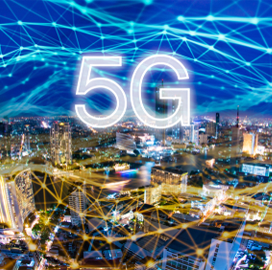
System resiliency
NREL Report: 5G-Powered Microgrids Improve Critical Infrastructure Resiliency
The National Renewable Energy Laboratory has found that 5G would be a great tool in increasing the resilience of power systems and telecommunications infrastructure amid the growing number of cyberattacks.
In the “5G Securely Energized and Resilient” report, the NREL created a 5G research platform inside a replicated military microgrid and tested its resiliency against several scenarios, including cyberattacks. The study highlighted several benefits associated with using 5G in situations that demand reliable communication, including edge computing, network traffic prioritization and private slicing, NREL .gov reported.
However, the report disclosed that latency is the biggest hurdle for using 5G, but it was not low enough, making it impossible to smoothly coordinate power restoration.
Tony Markel, an NREL senior researcher and project lead, said that the agency aims to use the findings as the foundation for future research initiatives focused on large-scale, secure integration of renewable energy sources.
In recent months, vendors have presented various 5G-backed solutions that could help governments improve how they function and deliver better services to the public. Verizon’s Frontline Innovation Program is among those initiatives, an effort that opened up an opportunity to collaborate with first responders to identify, test and develop solutions for preparing, responding and recovering from disasters.

Category: Federal Civilian




